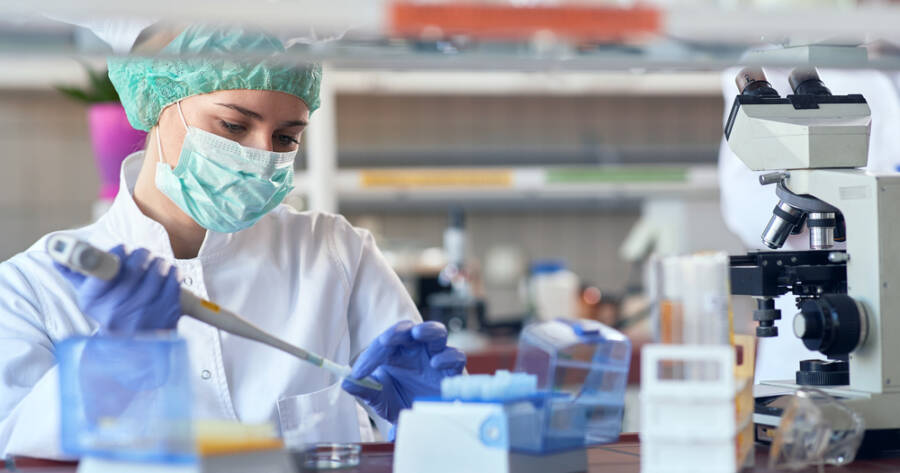Kidney disease affects millions of people worldwide, with many patients requiring dialysis or kidney transplants to survive. While traditional treatments help manage the disease, recent medical advancements are paving the way for groundbreaking solutions. From artificial kidneys to gene therapy, these innovations are transforming kidney disease treatment and offering new hope to patients.
Artificial Kidney: A Revolutionary Alternative to Dialysis
One of the most exciting developments in kidney disease treatment is the creation of an artificial kidney. Scientists and engineers are working on a bioartificial kidney that could eliminate the need for dialysis and long transplant waiting lists.
How It Works
The artificial kidney is designed to function like a natural kidney, filtering waste and balancing fluids without the need for external machines. Some models, like the implantable bioartificial kidney, combine a filtration device with kidney cells to replicate real kidney functions.
Potential Benefits
- No more dialysis sessions, allowing patients greater freedom and quality of life.
- Lower risk of rejection compared to traditional transplants.
- Continuous waste filtration, preventing the buildup of toxins in the body.
Clinical trials are underway to bring this life-changing technology to patients in the coming years.
Stem Cell Research: Regenerating Kidney Tissue
Stem cell therapy is another promising area of research for kidney disease treatment. Scientists are exploring ways to use stem cells to regenerate damaged kidney tissue and improve kidney function.
How It Works
Stem cells have the ability to develop into different types of cells, including kidney cells. Researchers are studying how to inject stem cells into damaged kidneys to help repair and restore function.
Potential Benefits
- May help slow or even reverse kidney disease progression.
- Could reduce the need for dialysis or transplants.
- May allow the body to naturally heal and regenerate kidney tissue.
Although still in the experimental phase, stem cell therapy holds great promise for patients with chronic kidney disease (CKD).
Gene Therapy: Treating Kidney Disease at the Genetic Level
Gene therapy is a groundbreaking treatment approach that targets the root cause of genetic kidney diseases. Scientists are developing ways to modify or replace faulty genes responsible for kidney dysfunction.
How It Works
Gene therapy involves introducing healthy genes into a patient’s cells to correct genetic defects. This can be done through gene editing techniques such as CRISPR, which can modify DNA to prevent kidney disease progression.
Potential Benefits
- Could provide a permanent cure for inherited kidney disorders.
- May reduce the need for long-term medication or dialysis.
- Offers a personalized approach to treatment based on a patient’s genetic profile.
While gene therapy is still in its early stages, it represents a promising future for kidney disease treatment.
Deceased Kidney Donors: Expanding Transplant Options
For many patients with kidney failure, a kidney transplant from a deceased donor is their best hope for survival. Advances in organ preservation and donor matching have improved transplant success rates.
How It Works
Deceased kidney donation involves transplanting a kidney from a donor who has recently passed away. Innovations in preserving donor kidneys for longer periods and using marginal donor kidneys are increasing the number of viable organs available for transplant.
Potential Benefits
- Reduces the number of patients waiting for a transplant.
- Offers a long-term solution for kidney failure.
- Advances in anti-rejection medications improve post-transplant success rates.
A New Era of Kidney Disease Treatment and Hope for Patients
Innovative kidney disease treatments such as artificial kidneys, stem cell research, gene therapy, and improved deceased donor transplants are revolutionizing renal care. These breakthroughs offer new hope to patients, potentially eliminating the need for dialysis and improving long-term outcomes. As research continues, these game-changing treatments bring us closer to a future where kidney disease is no longer a life-threatening condition.





